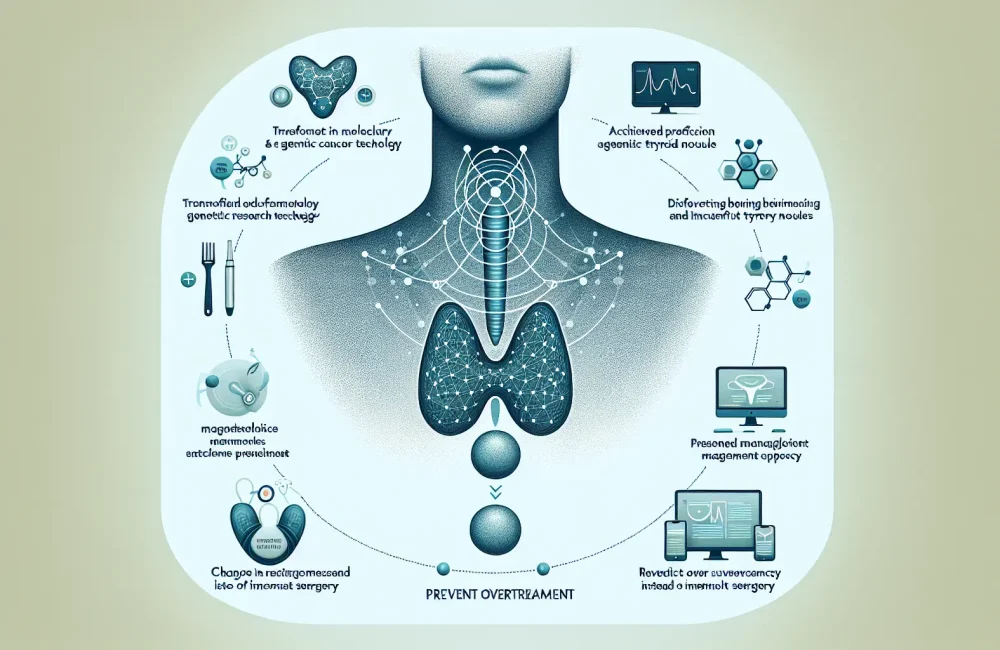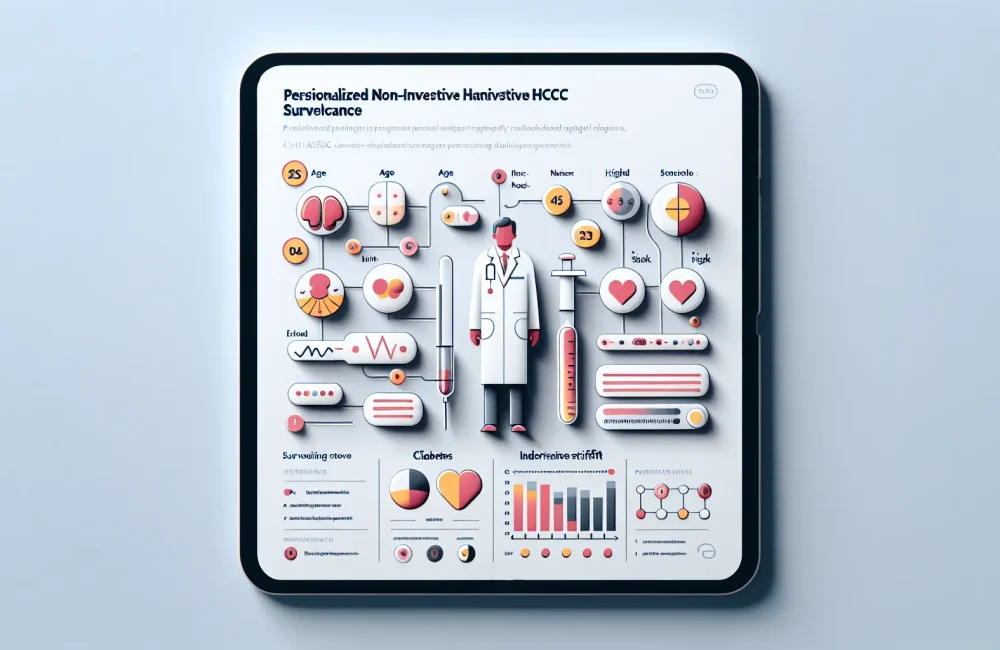By CAFMI AI From JAMA
Breast Cancer Risk and LNG-IUS: Study Insights
Levonorgestrel-releasing intrauterine systems (LNG-IUS) have become a widely adopted contraceptive method as well as therapeutic tools for various gynecologic conditions. Their mechanism involves localized release of progestin, which provides benefits such as effective contraception and reduced systemic hormone exposure compared to oral methods. However, recent research has drawn attention to potential breast cancer risks associated with their use. Notably, epidemiologic investigations have indicated a subtle increase in breast cancer incidence, particularly among postmenopausal women who use LNG-IUS long-term, especially beyond five years of continuous use. Despite this, the absolute increase in breast cancer risk remains relatively low when compared with the baseline risk in the general population. These findings underscore the nuanced risk profile that LNG-IUS exhibit concerning breast cancer and are critical for clinicians to interpret when counseling patients.
Clinical Implications and Risk Assessment
Understanding the clinical implications of the slight breast cancer risk linked to LNG-IUS is paramount for healthcare providers, particularly those in primary care and gynecology. A central consideration is the individual patient’s risk profile, including family history of breast cancer, previous benign breast disease, and other established risk factors for breast malignancy. LNG-IUS, by virtue of localized progestin release, exert effects on breast tissue that may alter cellular proliferation and apoptosis pathways. Possible mechanisms include modulation of estrogen receptor activity influenced by progestin, which might promote cellular changes predisposing to malignancy in certain susceptible individuals. Therefore, clinicians should engage in shared decision-making, weighing the contraceptive and therapeutic advantages of LNG-IUS against these potential risks, especially for women at elevated baseline risk. Counseling should emphasize that while the observed increase in risk is small, it is a factor warranting careful consideration.
Guidance for Patient Counseling and Monitoring
For clinicians advising patients considering or currently using LNG-IUS, it is important to provide balanced information regarding both benefits and potential risks. Regular breast cancer screening remains a cornerstone of early detection, and patients with higher baseline risk should be monitored more closely. Discussions should include the relatively low absolute risk increase, the significant contraceptive efficacy of LNG-IUS, and alternative options if the patient is concerned. Further research is ongoing to better clarify the biological mechanisms and long-term safety profile of LNG-IUS in diverse populations. Ultimately, individualized risk assessment and open communication can optimize outcomes and patient satisfaction with their contraceptive choices.
Read The Original Publication Here






